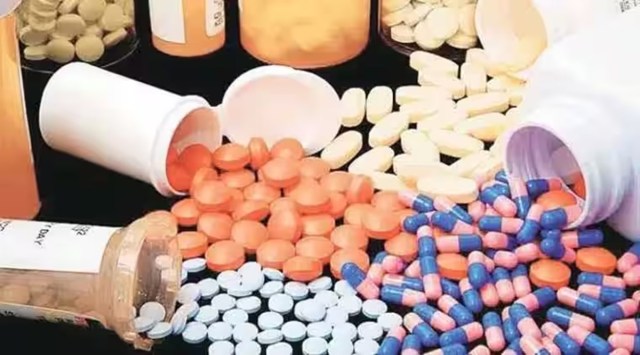Released on August 2, the National Medical Commission Registered Medical Practitioner (Professional Conduct) Regulations, 2023 triggered a huge backlash, with the country’s largest doctors’ body, Indian Medical Association (IMA), as well as the Indian Pharmaceutical Alliance (IPA) calling it “not feasible”.

Even the country’s apex drug regulator, the Central Drugs Standard Drug Control Organisation (CDSCO), questioned the language in the notification.
Thursday’s decision came days after the Union Ministry of Health held a meeting to discuss the guidelines with various stakeholders, including the IMA and the IPA, who flagged concerns with the guidelines.
“The National Medical Commission Registered Medical Practitioner (Professional Conduct) Regulations, 2023, are hereby held in abeyance with immediate effect… Indian Medical Council (Professional Conduct, Etiquette and Ethics) Regulations, 2002, shall come into force with immediate effect,” the new notification said.
Besides the instructions on generic drugs, the NMC guidelines included directives on issues ranging from continued medical education, usage of social media platforms and maintaining a dynamic register of doctors. It also barred doctors from attending events sponsored by pharmaceutical companies.
At Monday’s meeting with the Health Ministry, doctors and pharma experts pointed out that guidelines gave the NMC and the state medical councils powers equivalent to a civil court. This, they said, could only be done by Parliament and not through regulations.
Story continues below this ad
ExplainedNo consensus
The NMC had justified the guidelines, saying generic medicines on average are cheaper than branded ones, and may thus improve access to quality care. However, likening the move to ‘running trains without tracks’, doctors and pharma firms said the directive shifts the decision-making power from the physician to whoever is manning the pharmacy at the time of sale.
Flagging the difference in quality, they also pointed out that while firms manufacturing branded generics (out-of-patent drugs that are sold with a brand name) usually spend on research and follow USFDA-level processes, many smaller firms making non-branded generics do not comply even with India’s more-relaxed ‘Schedule M’ norm.
Suggesting the guidelines be kept in abeyance until the WHO’s good manufacturing practices are implemented, the participants said that prescribing only generic drugs will prompt pharmacies to sell generic drugs at high-profit margins, disincentivising firms that manufacture quality branded generics.
They also raised the issue of combination drugs, saying the Indian Pharmacopoeia (directions on standards of strength & purity for drugs) doesn’t have standards specifically for combination drugs, which could result in quality issues if only generic versions are sold.
Among its reservations, the CDSCO specifically pertained to ‘List O’ of “over the counter” drugs that can be suggested on teleconsultation platforms.
Story continues below this ad
The NMC’s August 2 notification mentioned 14 therapeutic categories — such as cough syrups, pain medicines, antacids and smoking cessation drugs — in List O while all other drugs “not included in list of prescription drugs are considered as non-prescription drugs”.
According to the CDSCO, the 14 therapeutic categories would likely include drugs that are not necessarily to be sold in this manner as per Drugs and Cosmetics Act, meaning NMC regulations would be in contravention of law.
On the restrictions on participation of doctors in workshops, symposia, and conferences directly or indirectly sponsored by the pharma industry, the meeting was told that a three-member committee including Niti Aayog member (health) Dr VK Paul had been formed to rationalise the sponsorships by the drug manufacturing industry.
The committee’s report is not out yet, the participants said, but it is likely to allow such conferences with curbs, such as organising them within the country and a bar on invites to family members.









